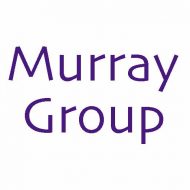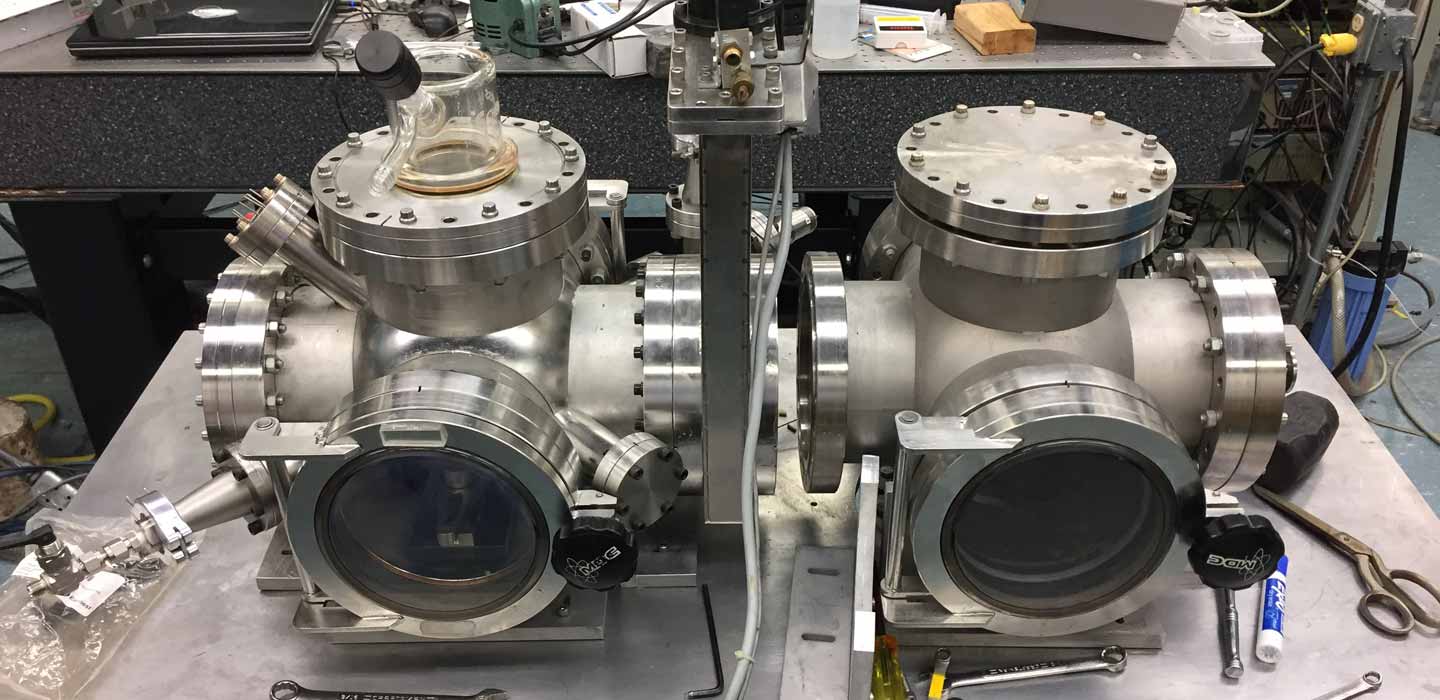WOG 03:30pm
Charge Production by Sublimation of Organic Compounds in Matrix Assisted Ionization
Bijay Banstola; Kermit K. Murray
Matrix assisted ionization (MAI) describes a mode of ionization in which an analyte molecule is mixed with an organic matrix and produces ions when the dried matrix and analyte containing crystals are exposed to external shock or sublime under vacuum. MAI produces highly charged ions from large biopolymers with charge distributions similar to electrospray ionization. When exposed to vacuum, the matrix crystals fracture, which may eject charged particles and clusters containing matrix and analyte or may directly eject highly charged ions. In this study, a method was developed to measure the charge produced during the sublimation of MAI matrix compounds. Sublimation charge production was measured as a function of matrix, crystal size and morphology, pH, and temperature.


